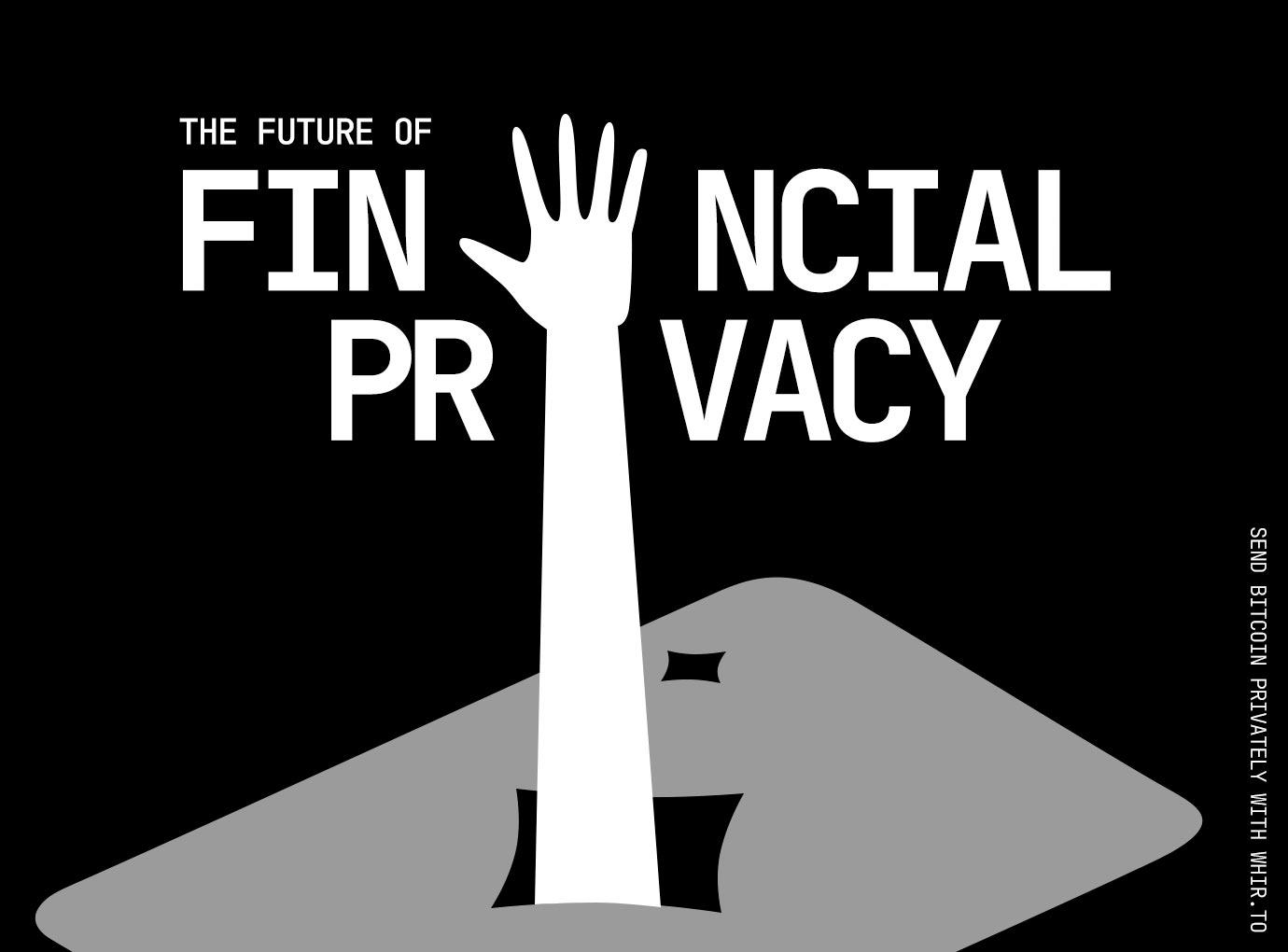Central bank digital currencies (CBDCs) are one of the biggest threats to people's financial privacy and anonymity worldwide. Let's see what our financial privacy looks like...
With the current development in almost every part of the world, it is clear that everything is and will be more digital. The future will definitely be more reliant on the digital world than any of us can imagine. Financial world can be one of the prime examples of that, with recent progress. While at the first glance this may sound like positive news, the contrary is true.
Cashless society = no financial privacy
Cash has been viewed as “old-school” for quite some time, especially by younger generations. The convenience of using cards or mobile phones for payments definitely trumps cash. However, cash has one huge advantage and that is privacy. Cash transactions are completely anonymous, which is something that cannot be said about any other form of financial interaction between two parties.
However, with the uprising of the digital age, cash is becoming less used and demanded all over the globe. Cashless society is more and more real, with the number of transactions carried out its cash decreasing drastically. This however also means that both transacting parties are losing their financial privacy, since the vast majority of the transactions that are carried in the digital world can be tracked down. This whole process can be even more exacerbated by the introduction of CBDCs.
Whir is a Bitcoin mixing service that protects your financial privacy. Send Bitcoin privately, without KYC, using a CoinJoin transaction.
CBDCs – direct control over your spending habits and invasion of your financial privacy
Central bank digital currencies (CBDCs) are one of the biggest threats to financial privacy and anonymity of people all around the world. CBDCs are being developed in all major countries, with one goal and one goal only, to improve surveillance techniques and tools of governments over their people, no matter what politics, central bankers or government officials say.
CBDCs are essentially only bank accounts that will, however, be opened directly within the central bank. To put it simply, instead of going to any bank right on the street where you live to open an account, you will have a chance to open a digital bank account with the central bank of your jurisdiction.
While this can sound cool at the beginning, CBDCs are a real threat to financial privacy because all the transactions will be monitored by the central bank. Whether that is the purchase of a house, car, ice cream or meat. And that is where the real danger comes in.
Not only will the central bank be able to see what your spending habits are, it will be able to shape them the way it perceives as “good or bad” or “right or wrong.” If the government in your jurisdiction decides that meat is not good for you, they will simply decline any purchase of meat that you want to make. Because without cash or other alternatives, they will be the ones controlling not only your money, but also your spending habits.
Privacy-centric solutions on Bitcoin
Mainly these two upcoming “problems” are the main reasons why people around Bitcoin, who are concerned with financial privacy, are looking at developing solutions that would help with privacy of the biggest cryptocurrency. While there are currently some options of how to use BTC anonymously, no one wants to be caught resting on their laurels.
That is one of the reasons why Bitcoin advocates are so openly talking about the dangers of CBDCs. The pure fact that people will lose their financial privacy should be more than enough. However, coupled with the fact that CBDCs could be programmed by governments the way they want only emphasize that people would not only lose their privacy, but also sovereignty over their decisions.
Luckily, there are already some solutions that those concerned about their privacy can use. These are for instance privacy-oriented Bitcoin wallets such as Samourai or Wasabi. Use of CoinJoins, Bitcoin tumbling and Bitcoin mixers can also be a huge boost for the privacy of Bitcoin transactions. But so can be Whir.
Whir is a Bitcoin mixing service that protects your financial privacy. Send Bitcoin privately, without KYC, using a CoinJoin transaction.
Protect your financial privacy with Whir
Whir is just one of those solutions that is trying to bring more privacy to Bitcoin users. Thanks to CoinJoin technique, it obscures transactions and helps both the sender and receiver blur their “bond” in the financial world. This significantly improves privacy of both ends of the transaction.
Solutions such as the one that Whir offers can help their users keep their financial privacy. It can be assumed that with more legislative clampdown, the regulators will try to prohibit uses of such techniques. However, that does not mean that the users are doing anything illegal. The only thing that Whir or Bitcoin as such tries to offer is a way to manage the funds or wealth of the users for themselves.
Never give up
Tools such as Whir help their users to improve their financial privacy, which in the future, can be in real jeopardy. With cashless society and CBDCs, a threat of all transactions being closely tracked by the governments is real. That is why it is important to think about financial privacy especially in the digital world now. And that is why Bitcoin as well as Whir were created.
––
If you liked this article, please share it on Twitter.
Disclaimer: This article does not serve as a piece of financial advice or encouragement and inducement for the usage of Bitcoin and other cryptocurrencies. Its primary role is informative, explanatory, and educational. The readers have to decide themselves whether to use or not to use these types of services.


